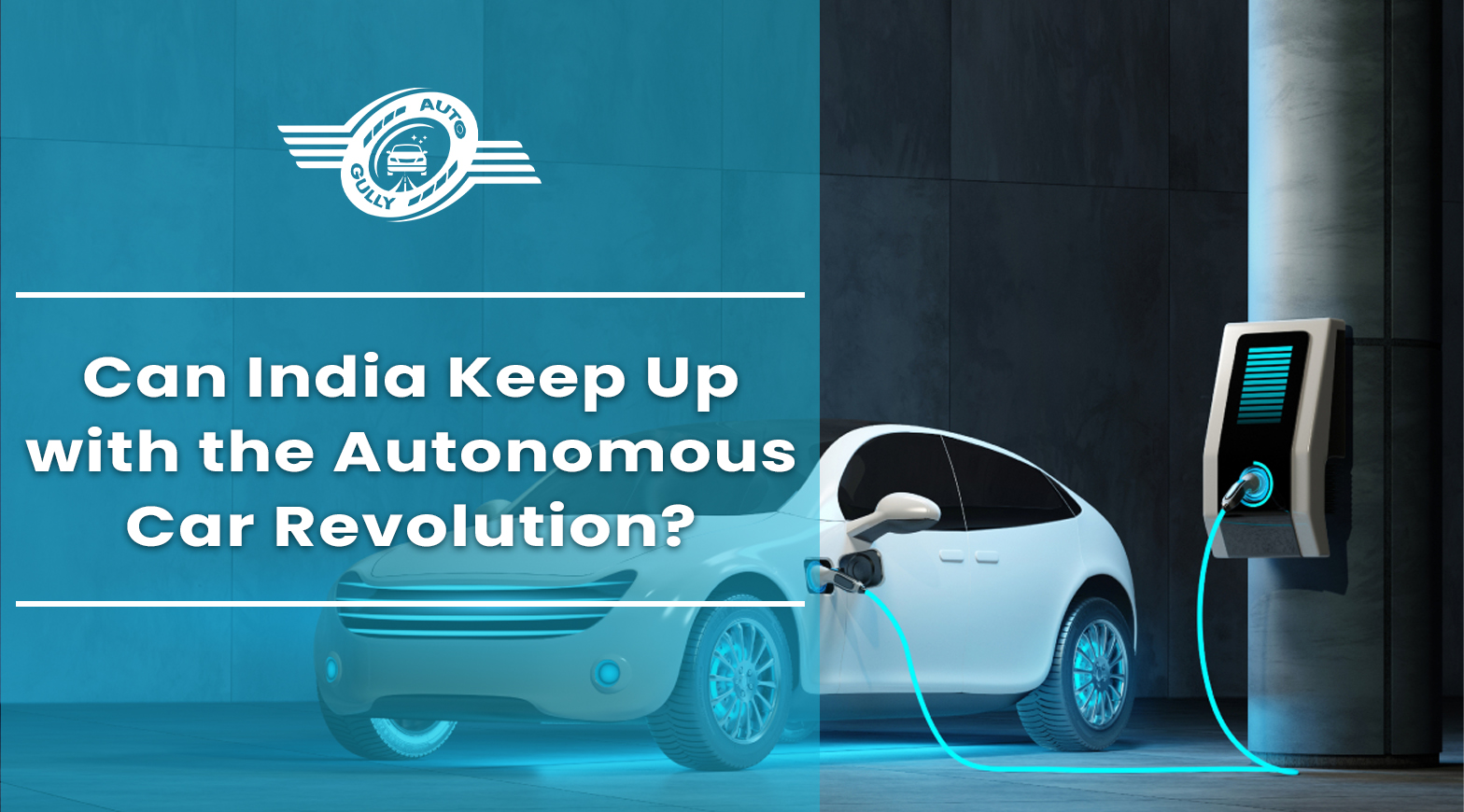The world is witnessing a surge in autonomous vehicles, often referred to as self-driving cars. These technologically advanced cars utilize sensors, cameras, and artificial intelligence (AI) to navigate roads without human intervention. The question arises: Can India, a rapidly developing nation with a vast and diverse transportation landscape, keep pace with this revolution?
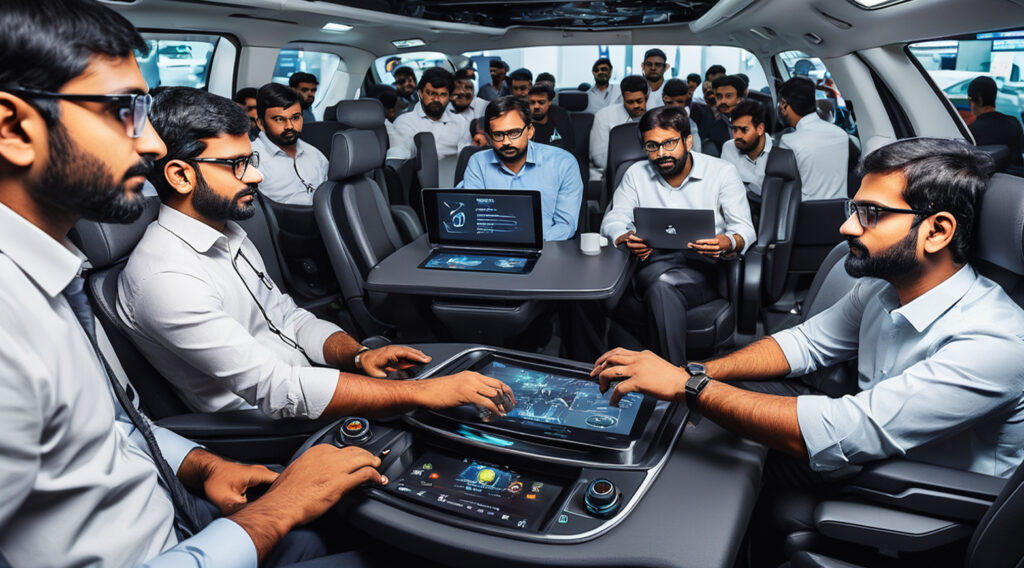
The Growing Interest in Autonomous Cars in India
While fully autonomous vehicles are still a few years down the road in India, there is a growing interest in this technology. The government, acknowledging its potential benefits, has taken initial steps towards research and development. Companies like Tata Motors and Mahindra & Mahindra are actively exploring autonomous driving solutions. Additionally, startups like AImotive and Smart Shuttle are making strides in this domain. However, challenges remain.
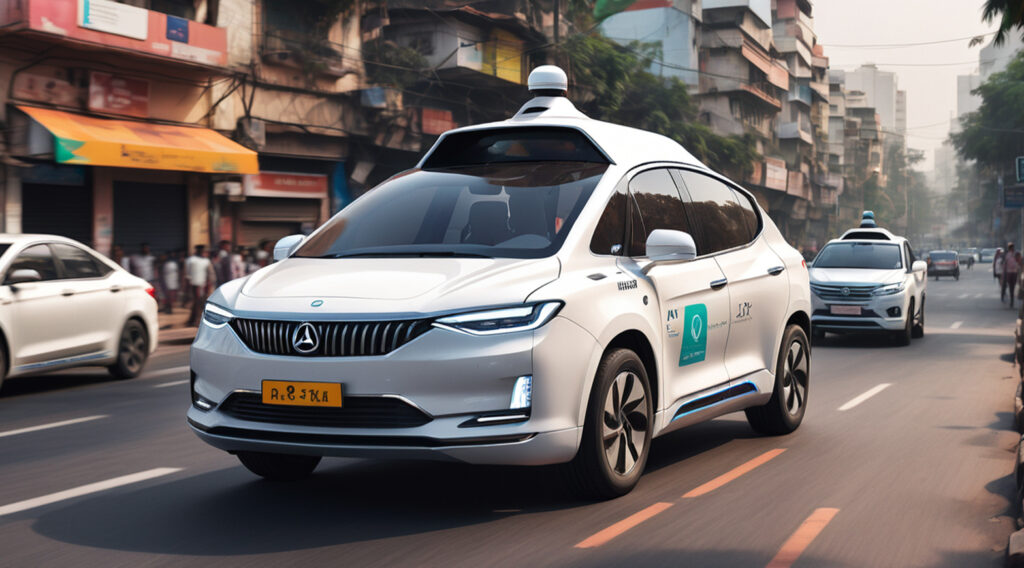
Benefits and Challenges of Embracing Autonomous Cars in India
The potential benefits of autonomous cars in India are undeniable.

Increased Safety on the Roads: Human error is a major cause of accidents in India. Autonomous technology, with its precise and unwavering focus, could significantly reduce accidents.
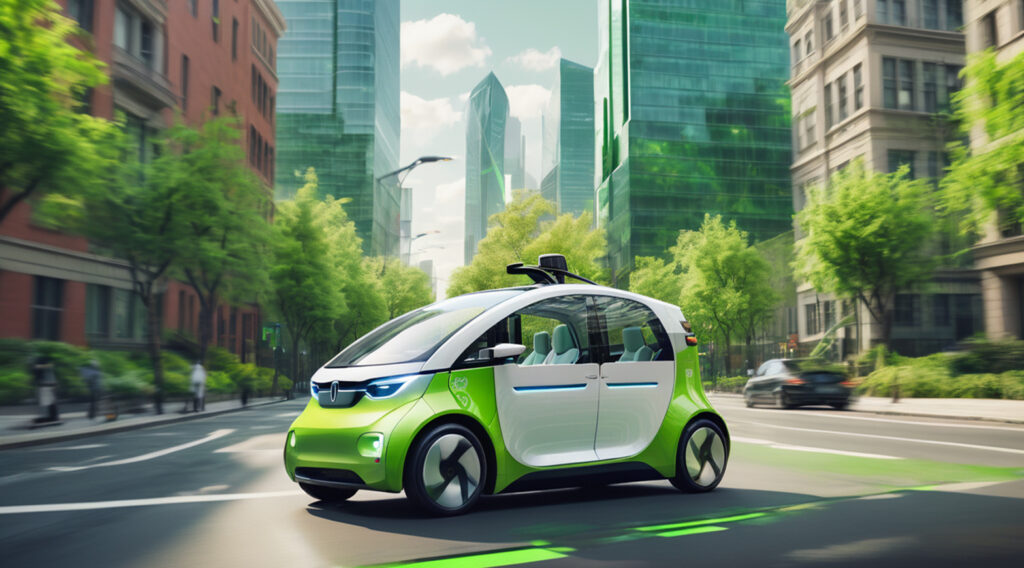
Reduction in Traffic Congestion: Autonomous vehicles, with their ability to communicate and optimize traffic flow, could significantly reduce congestion in Indian cities.
Environmental Benefits: By employing efficient driving techniques, autonomous vehicles can potentially reduce emissions and contribute to a cleaner environment.
However, significant hurdles exist before widespread adoption becomes a reality.
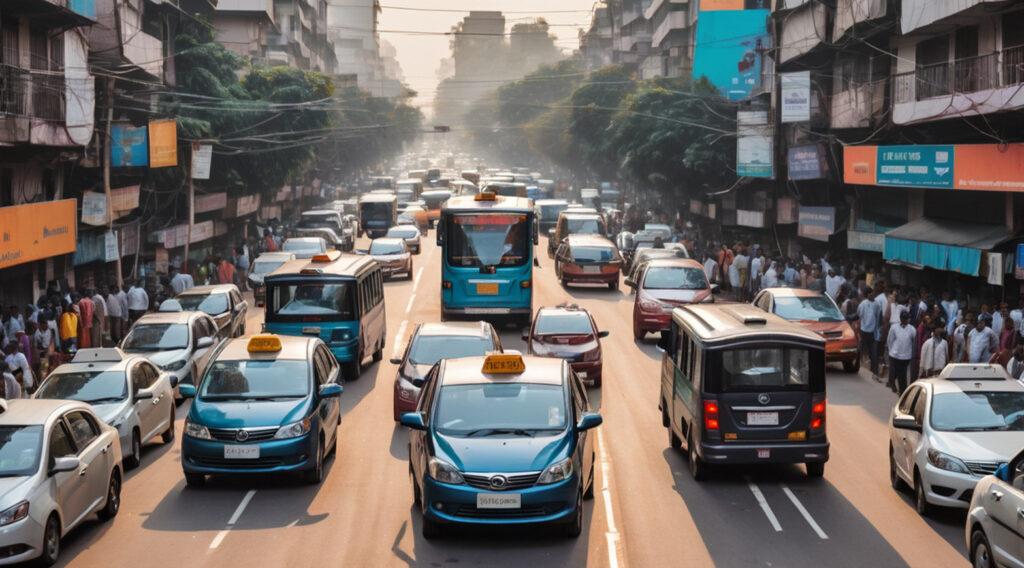
Infrastructure Limitations: India’s current road infrastructure, with its uneven surfaces, poor signage, and unpredictable traffic patterns, poses a challenge for autonomous vehicle navigation.
Technological Challenges and Reliability Issues: Developing robust and fail-safe autonomous systems requires cutting-edge technology and extensive testing, which can be a costly endeavor.
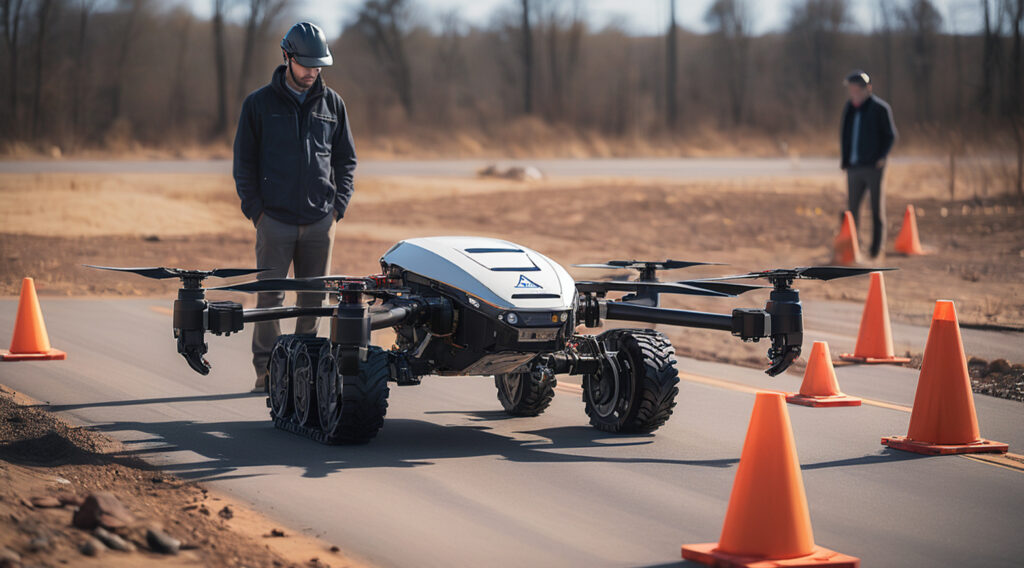
Ensuring Public Trust and Acceptance: Building public trust in the safety and reliability of autonomous vehicles will be crucial. Addressing concerns about data privacy and potential misuse of technology is also important.
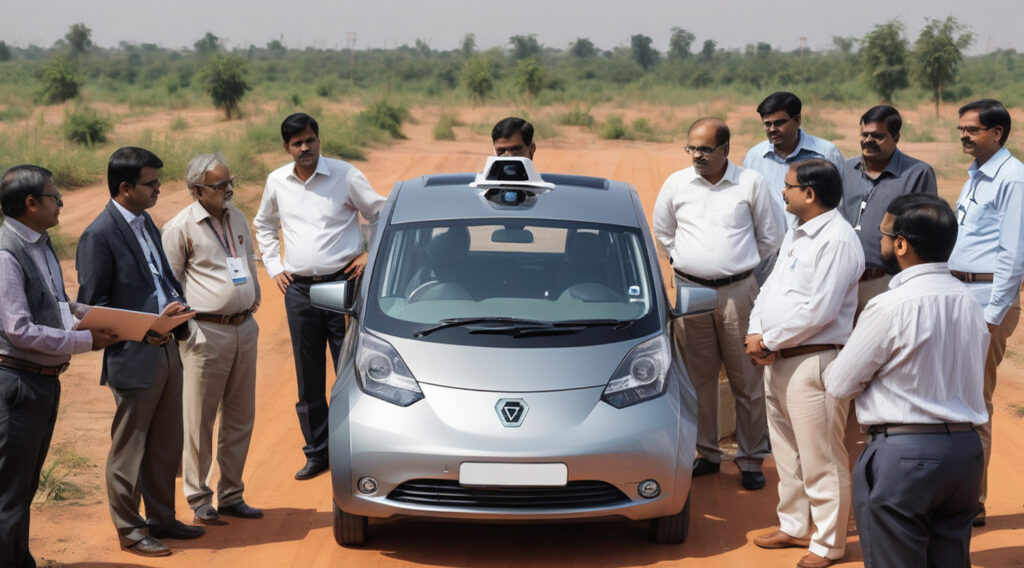
Government Initiatives, Policies, and the Way Forward
The Indian government has recognized the potential of autonomous vehicles and taken initial steps:
- Investment in research and development: Institutions like the Indian Institute of Technology (IITs) are actively involved in autonomous vehicle research.
- Support for testing and deployment: The government is considering designated zones for testing autonomous vehicle technology.
- Policy framework: Establishing clear regulations and safety standards for autonomous vehicles will be essential.
The Impact on the Automotive Industry and Job Market in India
The rise of autonomous vehicles will undoubtedly disrupt the traditional automotive manufacturing industry in India. However, it will also create new job opportunities in areas like:
- Software development: The demand for engineers and programmers specializing in AI and autonomous systems will rise.
- Sensor technology: Expertise in developing and maintaining high-precision sensors for autonomous vehicles will be in demand.
- Data analysis: The vast amount of data generated by autonomous vehicles will require data analysts to interpret and utilize it for improvement.
Fostering Innovation and Collaboration for a Self-Driving Future
India can navigate the autonomous vehicle revolution effectively by fostering innovation and collaboration. Encouraging Indian startups and established automotive companies to collaborate with international players on technological advancements can accelerate progress. Additionally, fostering a culture of research and development within the Indian academic sphere will be crucial.
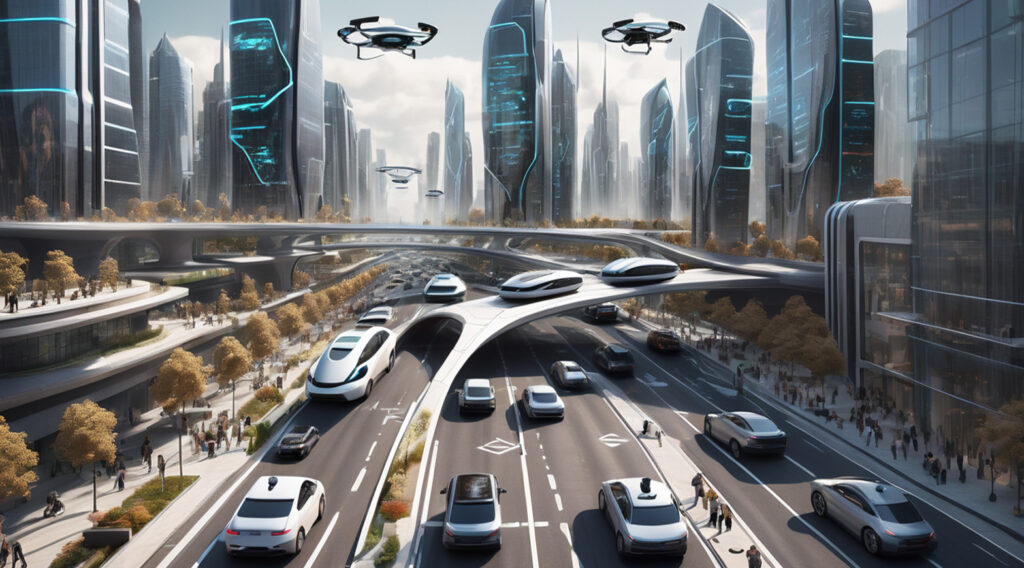
Conclusion The future of autonomous vehicles in India holds both promise and challenges. While India might not be at the forefront of the global autonomous car revolution just yet, a balanced approach that addresses infrastructure limitations, technological advancements, public trust, and a supportive regulatory framework can pave the way for a successful integration of autonomous vehicles into the Indian transportation ecosystem. By capitalizing on the opportunities presented by this technology, India can not only improve road safety, reduce traffic congestion, and minimize environmental impact, but also create new job markets and propel itself as a leader in the future of transportation.

